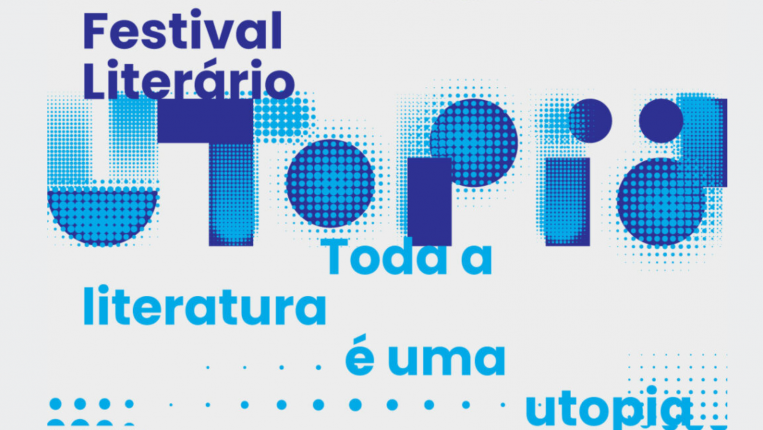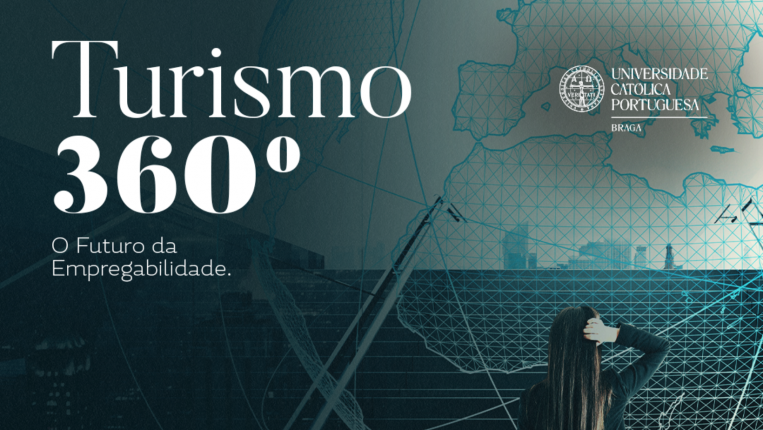The team from the Católica Learning Innovation Lab (CLIL) - the Pedagogical Innovation Laboratory of the Catholic University of Portugal (UCP) - recently visited three international contexts of excellence in terms of pedagogical innovation in higher education: Stanford University (United States), University College London and the University of Kent (UK).
The goal? Create partnerships with international specialists in the area of pedagogical innovation in higher education and identify transformative educational strategies already experienced in these contexts, which may be applied at the Catholic University of Portugal.
At Stanford University, professors from Universidade Católica Ângela Azevedo, Armanda Gonçalves and Eva Dias de Oliveira had the opportunity to learn about the operating model of the Center for Teaching and Learning at Stanford University and the similar center at Stanford Business School.

The meetings were characterized by an atmosphere of sharing and openness, making it possible to collect “in loco information on policies and models of teacher training and successful teaching-learning models. These enriching lessons could be implemented at the UCP”, say the CLIL teachers.
The visit also made it possible to identify common challenges, such as recognition by the academic community of the relevance of a unit dedicated to qualification and pedagogical innovation in higher education. “These structures of innovation and pedagogical qualification must present themselves to the community as agents that seek to promote partnerships and not as disciplining agents”, they emphasize.
Immersion in the best practices of two UK Universities
In March, the CLIL team traveled to London, where they met with the management of the Arena Centre for Research-based Education, at University College London (UCL), and the Centre for the Study of Higher Education, at the University of Kent.
Diana Soares, Paulo Dias and Marisa Carvalho, professors at UCP, got to know better the strategy of the two universities and the two centers in favor of improving pedagogical innovation practices.
“These visits were truly inspiring. We realize that the challenges in terms of practice and pedagogical innovation are similar in higher education internationally, but that much work has already been done. We can thus experiment/rehearse some strategies that have already been tested at these universities, but we can also share the best we do in this area at the Catholic University.”, say the teachers.





